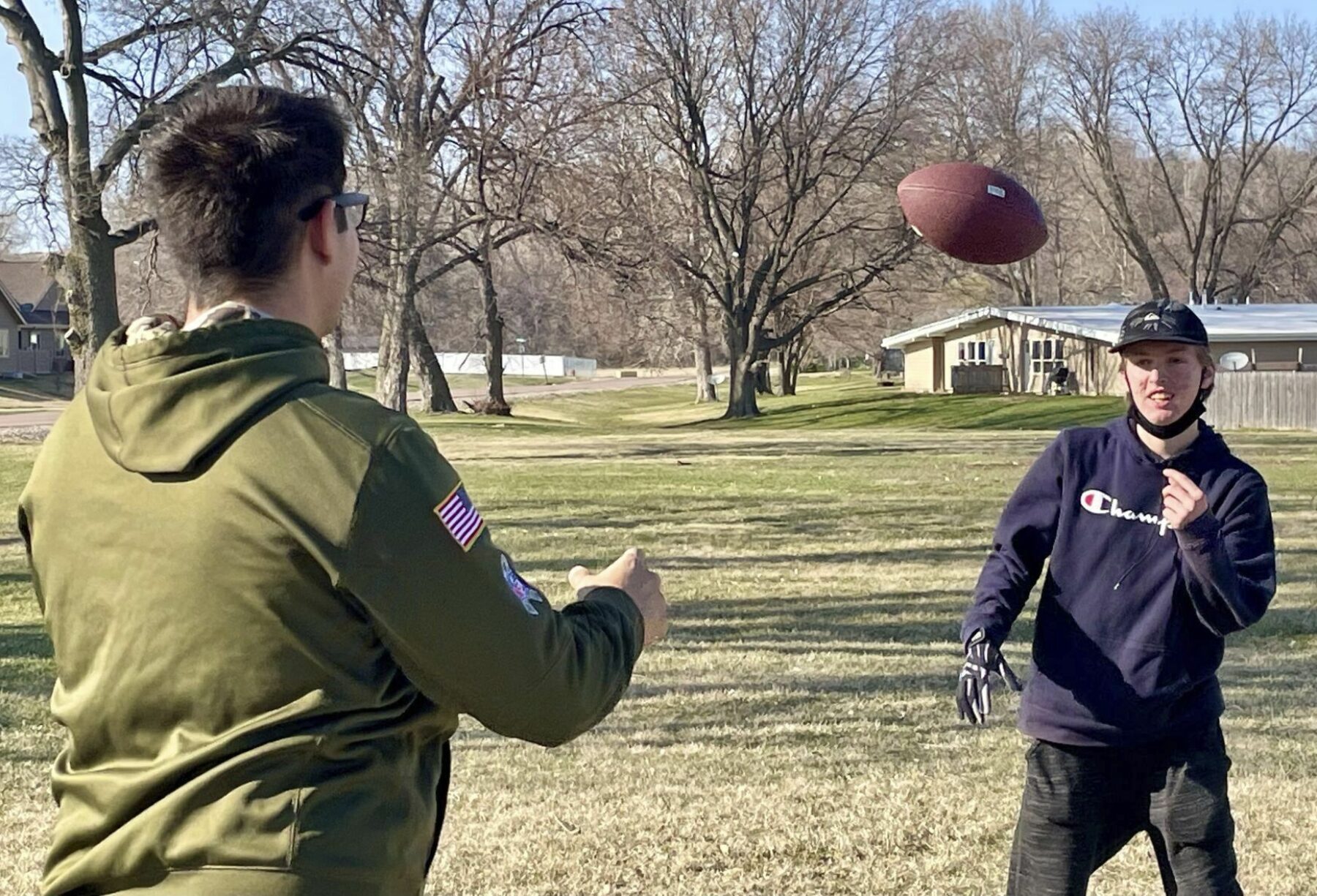For more than a century, Big Brothers Big Sisters of America (BBBS) has been a cornerstone of youth mentorship. One of their key programs — the Community-Based Mentoring program — pairs adult volunteers (or “Bigs”) with young persons in communities to foster meaningful, one-on-one relationships that positively shape the lives of youth.
But how well does this program actually work? To find out, researchers at the University of Illinois at Chicago conducted a large, randomized controlled trial (RCT) study. They found that after four years, the youth who were randomly assigned to be paired with a BBBS mentor had significantly lower rates of delinquency and substance use compared to their peers who were not.
“We were thrilled to see such strong results from a rigorous, long-term national study,” said Justin Milner, executive vice president of Evidence & Evaluation at Arnold Ventures (AV). “Our mission is to build the evidence that helps leaders make smarter decisions. These results give policymakers and communities powerful proof that BBBS is changing lives — helping young people develop stronger connections and brighter futures.”
Building the Evidence Base
Since 2016, AV has supported an RCT study evaluating the impacts of the BBBS Community-Based Mentoring program. Led by David DuBois (a former “Big” himself) and Carla Herrera, this RCT is the largest and longest evaluation of BBBS and builds on the evidence from a 1995 RCT of the program. More than 1,300 youth across 17 BBBS agencies were randomly assigned to either the BBBS group to be paired with a mentor or the control group to be eligible for pairing with a mentor after the study ended.
The study then examined the impacts of BBBS on four primary outcomes — arrest rates, substance use, and violence and property-related delinquent behavior — and a multitude of secondary outcomes spanning the academic, social-emotional, behavioral, and mental health domains. All outcomes were measured using surveys completed by youth and their parents at 18 months and four years — except arrest rates at four years, which were captured from administrative arrest records.
At the 18-month mark, the typical length of follow-up for studies of similar mentorship programs, youth in the BBBS group were 54 percent less likely to have been arrested and 41 percent less likely to have engaged in substance use than their peers in the control group. The study found no differences in violence- and property-related delinquency rates.
Building on these findings, the study then progressed to measure BBBS’s impact four years following initial participation. At the four-year mark, youth in the BBBS group were 42 percent less likely to have engaged in recurring substance use (18% vs. 31%) and 30 percent less likely to engage in violence-related delinquent behaviors (30% vs. 43%). There was also a 24 percent reduction in the likelihood of engaging in property-related delinquent behaviors, which was statistically significant on its own but was no longer significant after adjusting for multiple hypothesis testing. Unlike the 18-month findings, there were no differences in arrest rates at the four-year mark. Positive impacts on secondary outcomes such as self-esteem, positive affect, and overall life satisfaction were sustained.
“The most striking aspect of our final report is that not only were the benefits of program participation largely still evident, they also emerged in additional areas — particularly delinquent behavior and mental health,” said DuBois. “Despite the growing recognition that there is a youth mental health crisis in our country, we find that after four years, youth assigned to the BBBS group reported significantly lower levels of depressive symptoms and more positive mental health.”
“We’re grateful to have gold-standard research that confirms what families and champions have known — and committed to — for more than 120 years: one-to-one mentoring works,” said Ginneh Baugh, chief impact officer of BBBS. “This evidence shows that those trusted relationships lead to meaningful outcomes, including reduced delinquent behavior and improved mental health, and foster the resilience young people need to thrive.”
A Call to Invest in What Works
DuBois notes that community leaders should be encouraged by these results to support BBBS in its long-standing mission for one-on-one mentorship and support, and to stay the course with a model that evidence shows is working.
“Social programs often experience a great deal of pressure from funders and other stakeholders to innovate and ‘reinvent’ their core services for enhanced effectiveness,” DuBois said. “But we see a strong case for deepening investment in BBBS to increase the scale and reach of its current programming. Many programs are facing staffing limitations and volunteer shortages that leave them unable to meet demand. An infusion of resources could go a long way to address these challenges and allow providers to bring the benefits of the program to a substantially larger number of youth.”














